You have not yet added any article to your bookmarks!

Join 10k+ people to get notified about new posts, news and tips.
Do not worry we don't spam!
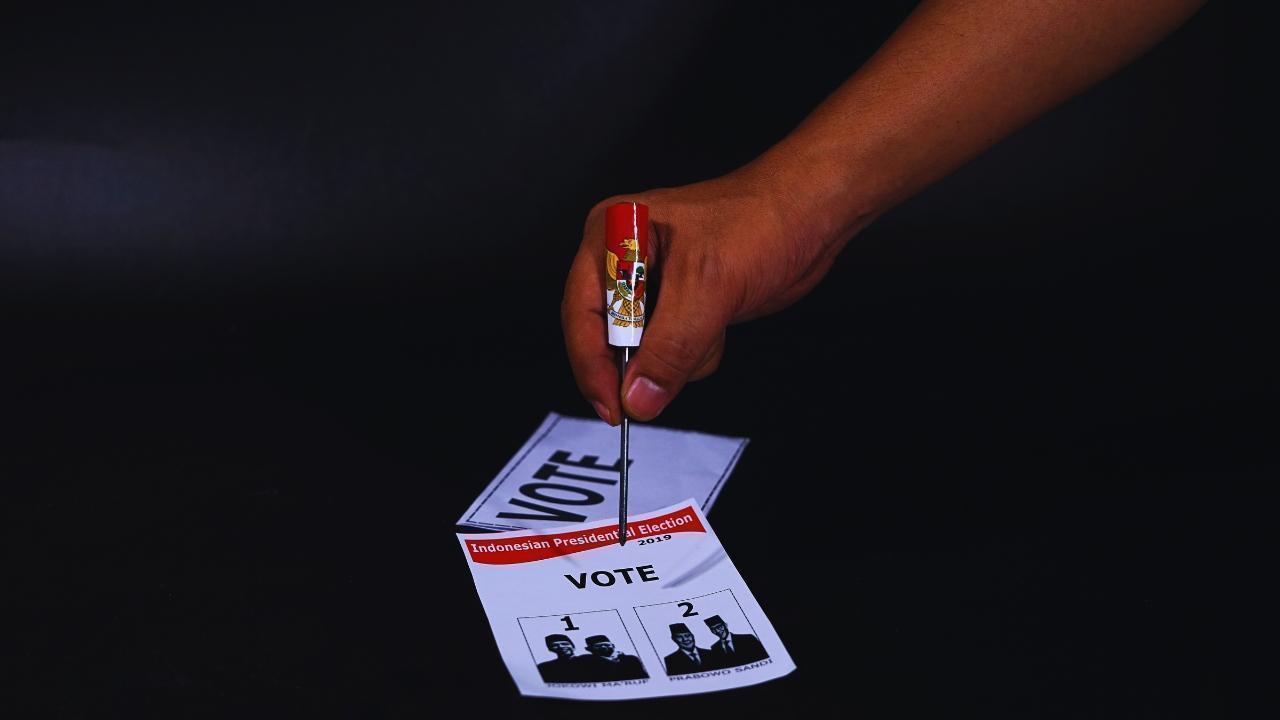
Post by : Anis Farhan
Indonesia’s 2025 general elections are fast approaching, and political activity is intensifying across the country. Scheduled for February 2025, the elections will determine the future of the world’s third-largest democracy, selecting not only the next president but also members of the People’s Representative Council (DPR), Regional Representative Council (DPD), and hundreds of local officials.
President Joko Widodo, popularly known as Jokowi, is constitutionally barred from running for a third term, ending an era defined by infrastructure expansion, steady economic growth, and increasing global diplomacy. As the nation prepares to elect his successor, political parties are recalibrating alliances, floating presidential candidates, and fine-tuning their platforms to appeal to an electorate of over 200 million registered voters.
This election is not just a domestic turning point—it carries regional significance. Indonesia, a key member of ASEAN and a G20 economy, will be selecting leadership that could influence Southeast Asia’s geopolitical and economic direction for years to come.
Three candidates have emerged as front-runners for the presidency, each representing different political traditions and voter bases.
Ganjar Pranowo, the former governor of Central Java and endorsed by the Indonesian Democratic Party of Struggle (PDI-P), is widely seen as Jokowi’s ideological successor. Known for his administrative competence and populist appeal, Ganjar is campaigning on a platform of continuity—promising to maintain infrastructure investment, social aid programs, and green energy transition.
Prabowo Subianto, the Defense Minister and former military general, is making his third presidential bid. Backed by his party Gerindra and several conservative coalitions, Prabowo has softened his nationalist tone, aiming to appeal to younger and urban voters. His alliance with Jokowi’s eldest son, Gibran Rakabuming Raka, as his vice-presidential pick, has triggered both enthusiasm and controversy, raising questions about political dynasties in Indonesia.
The third name gaining traction is Anies Baswedan, former Governor of Jakarta and a vocal critic of Jokowi’s centralization model. Backed by a coalition of Islamic-leaning parties and progressive urban voters, Anies presents himself as a reformist and institutionalist—focusing on civil liberties, decentralization, and education reform.
The presence of these three divergent candidates sets the stage for a tightly contested, ideologically varied election. With no single dominant force, a run-off election in June 2025 remains a strong possibility.
Indonesia’s multi-party system means that winning the presidency requires more than popularity—it demands intricate coalition-building. As of July 2025, no party controls more than 20% of parliamentary seats, and most candidates rely on broad coalitions that often blur ideological lines.
The coalition backing Prabowo-Gibran currently includes Golkar and PAN, giving it a strong base in rural and conservative regions. Ganjar’s PDI-P is banking on its loyal voter base in Central and East Java, while Anies’s NasDem-led bloc has gained traction in Jakarta and parts of Sumatra.
East Indonesia, including Papua and Maluku, has emerged as a key electoral battleground, with voter turnout and resource allocation expected to shape final outcomes. Campaigns in these regions have focused on healthcare access, infrastructure equity, and indigenous rights—issues that often receive limited attention at the national level.
The election will also be a test of Indonesia’s ability to manage religious pluralism and decentralization. With growing polarization in urban centers and conservative pushback in outer islands, managing the electoral discourse will be crucial for post-election stability.
Nearly 55% of registered voters are under the age of 40, making this one of the youngest electorates in the world. Digital campaigns, TikTok influencers, and grassroots mobilizations via WhatsApp and Telegram have become central tools in shaping political narratives.
Candidates are racing to establish youth credentials. Gibran’s vice-presidential nomination is widely viewed as an attempt to court Gen Z voters, despite criticism regarding his political inexperience. Ganjar has launched a digital-first campaign promising climate reforms and job creation in the digital economy, while Anies has positioned himself as a champion of civil liberties and campus activism.
Election authorities, meanwhile, are preparing to combat misinformation and vote tampering. The General Elections Commission (KPU) has launched an AI-supported platform to detect fake news, while civil society organizations are conducting parallel voter education programs to reduce manipulation in rural areas.
Still, concerns persist over voter suppression, especially among marginalized communities. Past elections saw delays in remote areas, under-staffed polling stations, and limited ballot access. The KPU has pledged to address these issues proactively, but skepticism remains.
The next president will inherit a complex economic landscape. While Indonesia has weathered global downturns better than many peers, it faces slowing export demand, rising subsidy costs, and infrastructure-related debt. Jokowi’s ambitious “Nusantara” capital city project is at a critical stage, and candidates differ on whether to continue, revise, or pause the development.
Ganjar has promised continuity—supporting industrial diversification, electric vehicle (EV) investments, and agritech modernization. Prabowo, while aligned with some of Jokowi’s economic ideals, has spoken about increasing food self-sufficiency and defense spending. Anies is more cautious on megaprojects, calling for stronger oversight and social spending reforms.
The business community is watching closely. Foreign investors, especially from Japan, China, and Singapore, are looking for policy signals on infrastructure continuity, labor market reform, and carbon transition goals. A misstep in policy clarity could jeopardize investor sentiment, already cautious due to global economic volatility.
Beyond domestic stakes, the 2025 election will influence Indonesia’s global and regional standing. As ASEAN’s de facto leader, Indonesia’s political model and governance shape regional norms. A free, fair, and peaceful election will reaffirm its democratic maturity; anything less could dent its diplomatic credibility.
Geopolitically, the next administration will navigate a tricky balancing act—between U.S.-China tensions, South China Sea disputes, and increasing pressure to take climate leadership roles within ASEAN. Analysts expect Jakarta’s regional assertiveness to continue, but much will depend on who takes the presidential chair and their foreign policy team.
For the people of Indonesia, however, the election is deeply personal. It is about jobs, justice, fairness, and their faith in the democratic process. With months to go, the race remains open—and so does the future of the archipelago nation.
This article is intended for editorial purposes only and does not represent political endorsements or official advice. Information is based on verified sources available up to July 2025 and may change as the election cycle progresses.

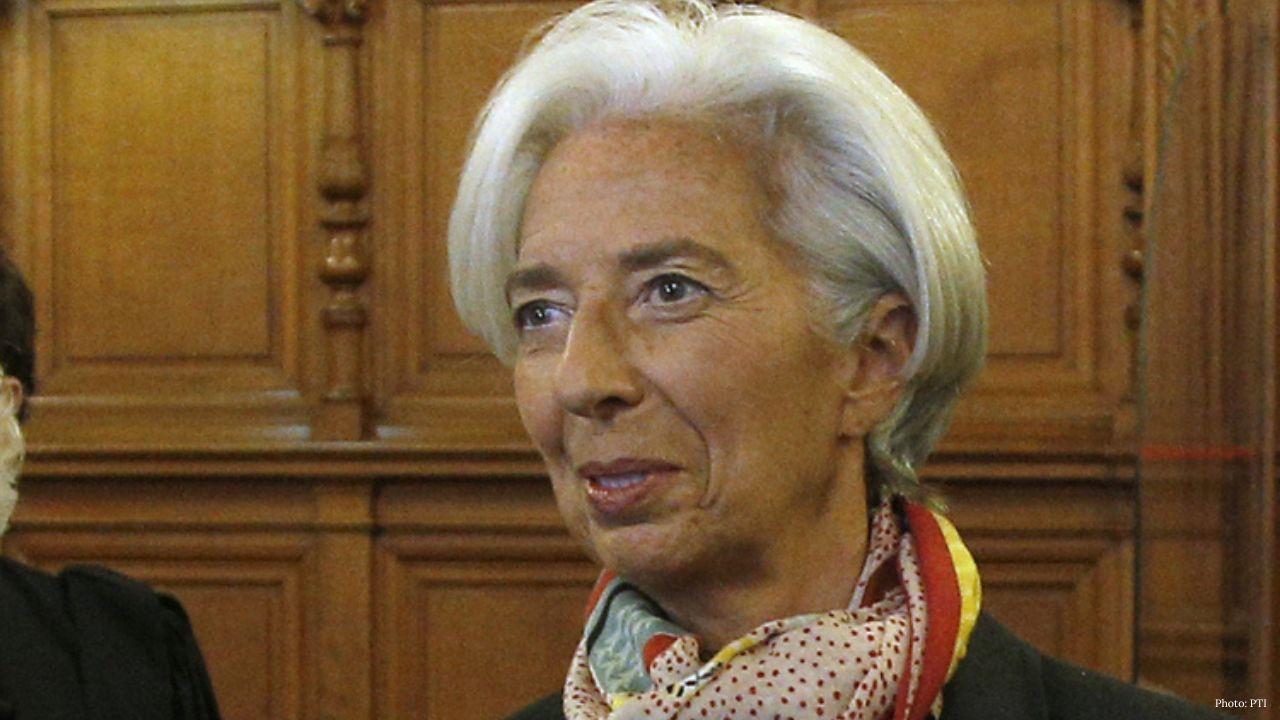

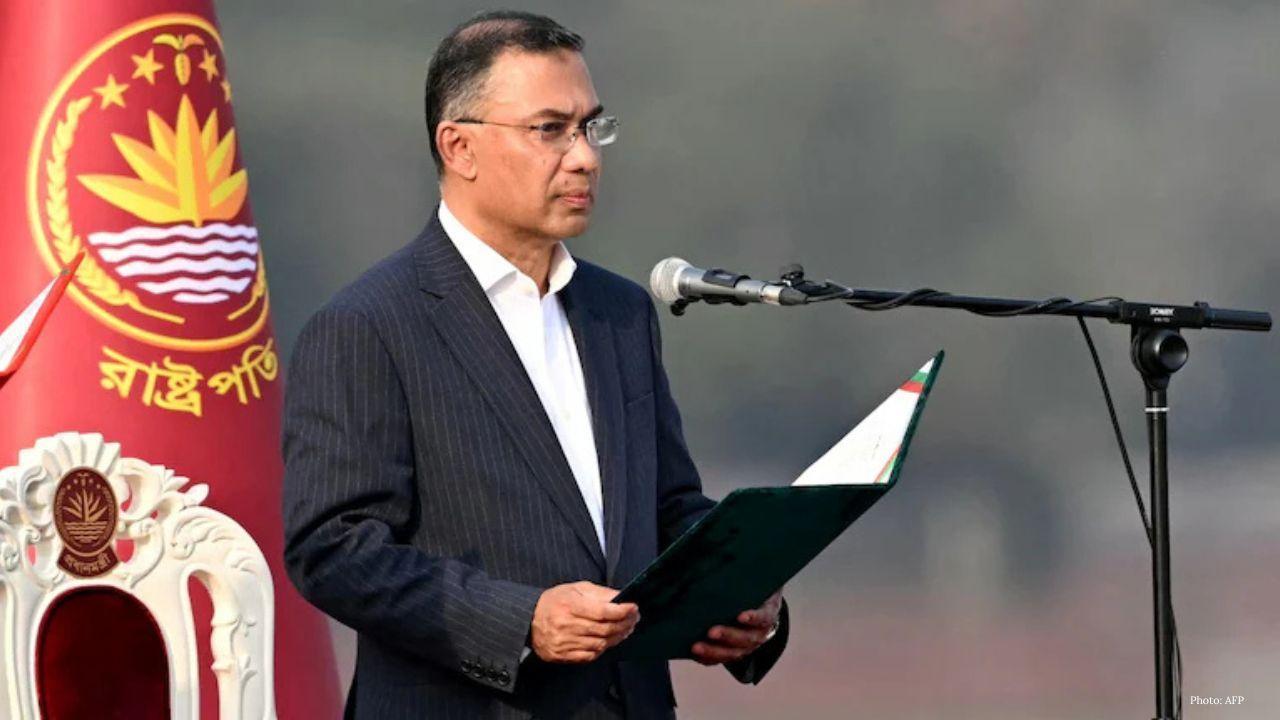
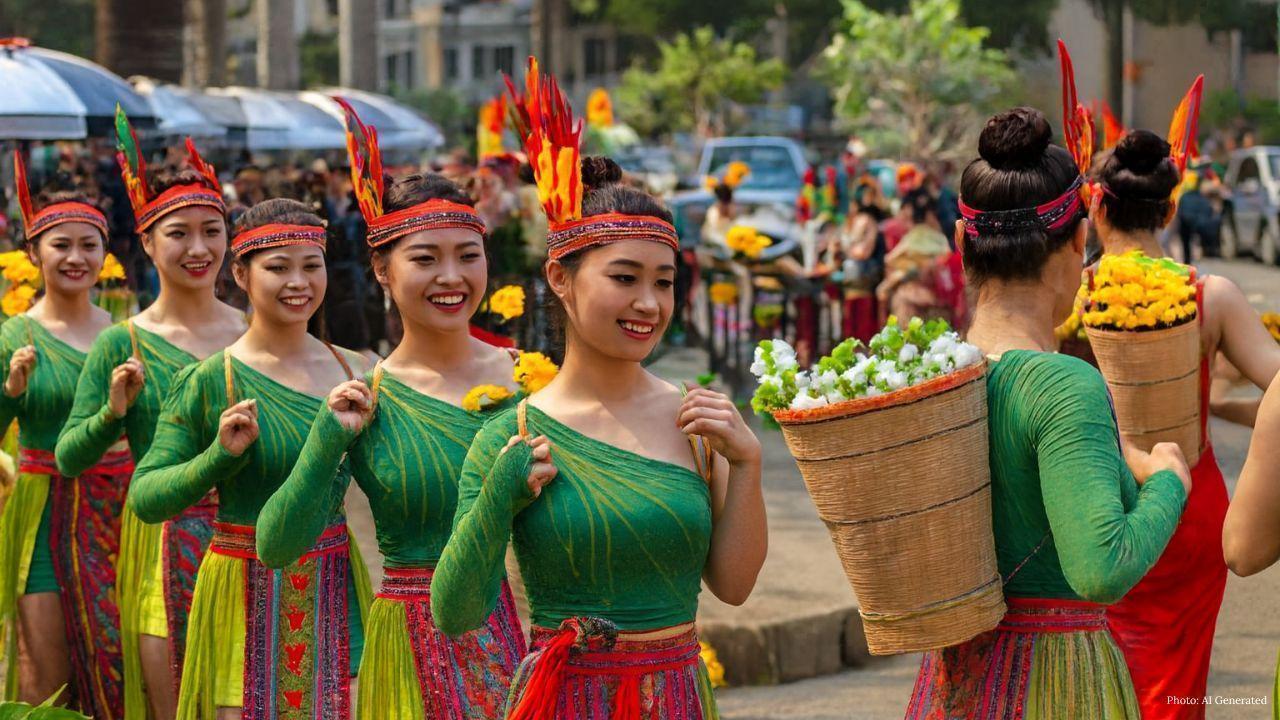





Christine Lagarde May Step Down Early as ECB President Report
FT says early exit could allow Emmanuel Macron to influence successor before 2027 French election

Inside the Small Circle Shaping the Future of Artificial Intelligence
A handful of scientists shared mentors and elite universities lie behind the world’s most powerful A
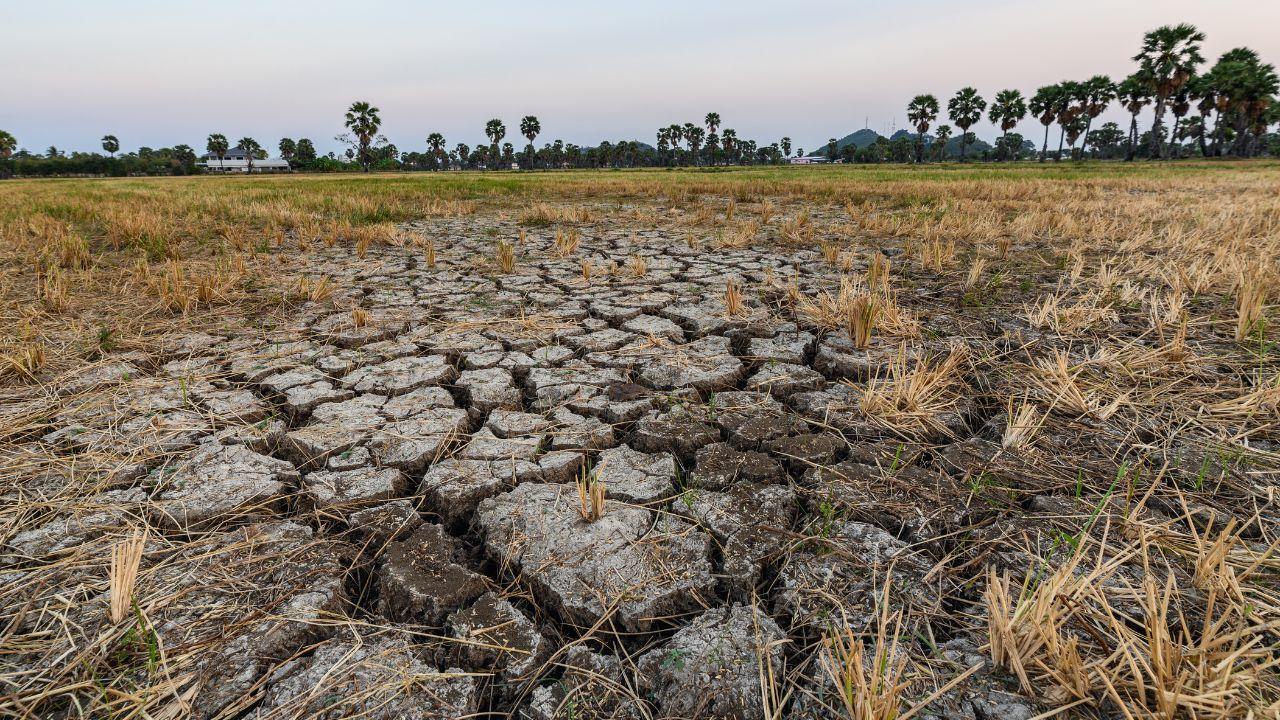
Massive Sinkhole Expands in Indonesia Swallows Farmland in Aceh
A growing sinkhole in Central Aceh has destroyed farms and roads raising safety concerns as it moves

Gold Breaks Historic Barrier: Prices Surge Past $5,000 an Ounce
Gold prices hit an unprecedented milestone in early 2026, climbing above $5,000 per ounce — a psycho
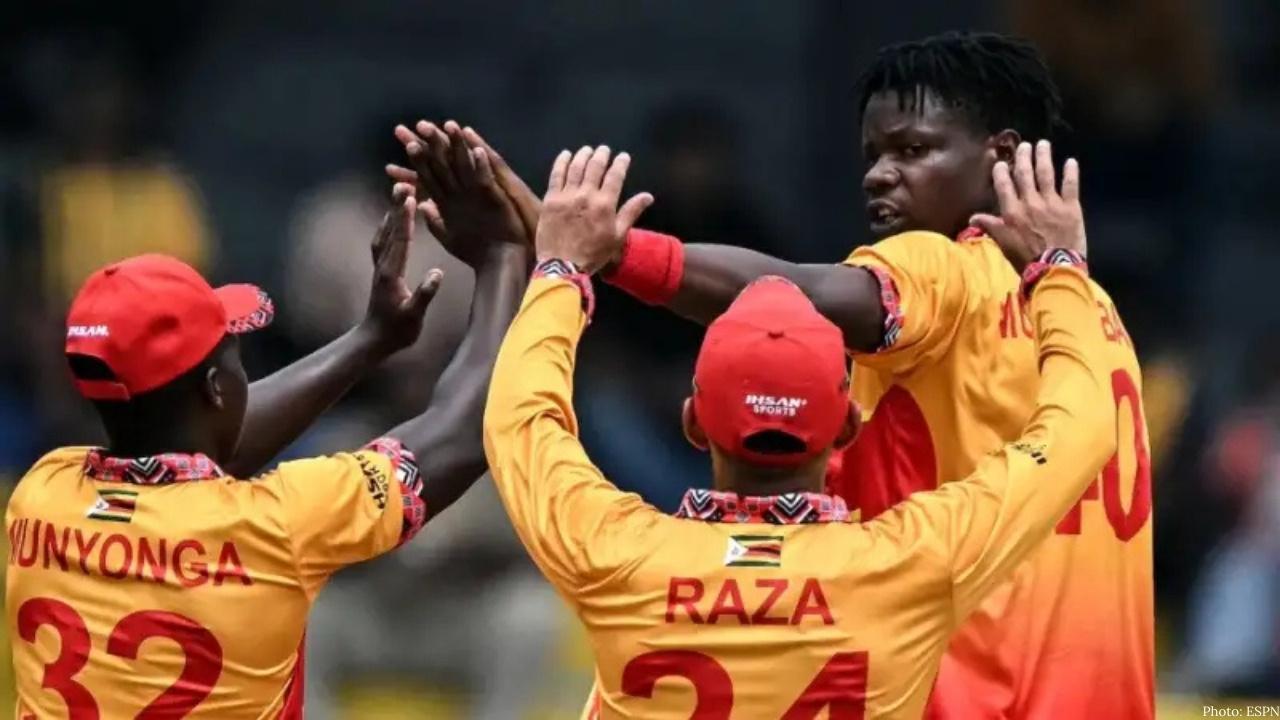
Zimbabwe’s Stunning Victory Over Australia: A T20 World Cup 2026 Shock That Shifted the Narrative
Zimbabwe produced a sensational performance to defeat Australia by 23 runs in the ICC Men’s T20 Worl

Taylor Swift Moves to Block ‘Swift Home’ Trademark in U.S. Legal Challenge
Global pop icon Taylor Swift has petitioned the U.S. Patent and Trademark Office to deny a trademark